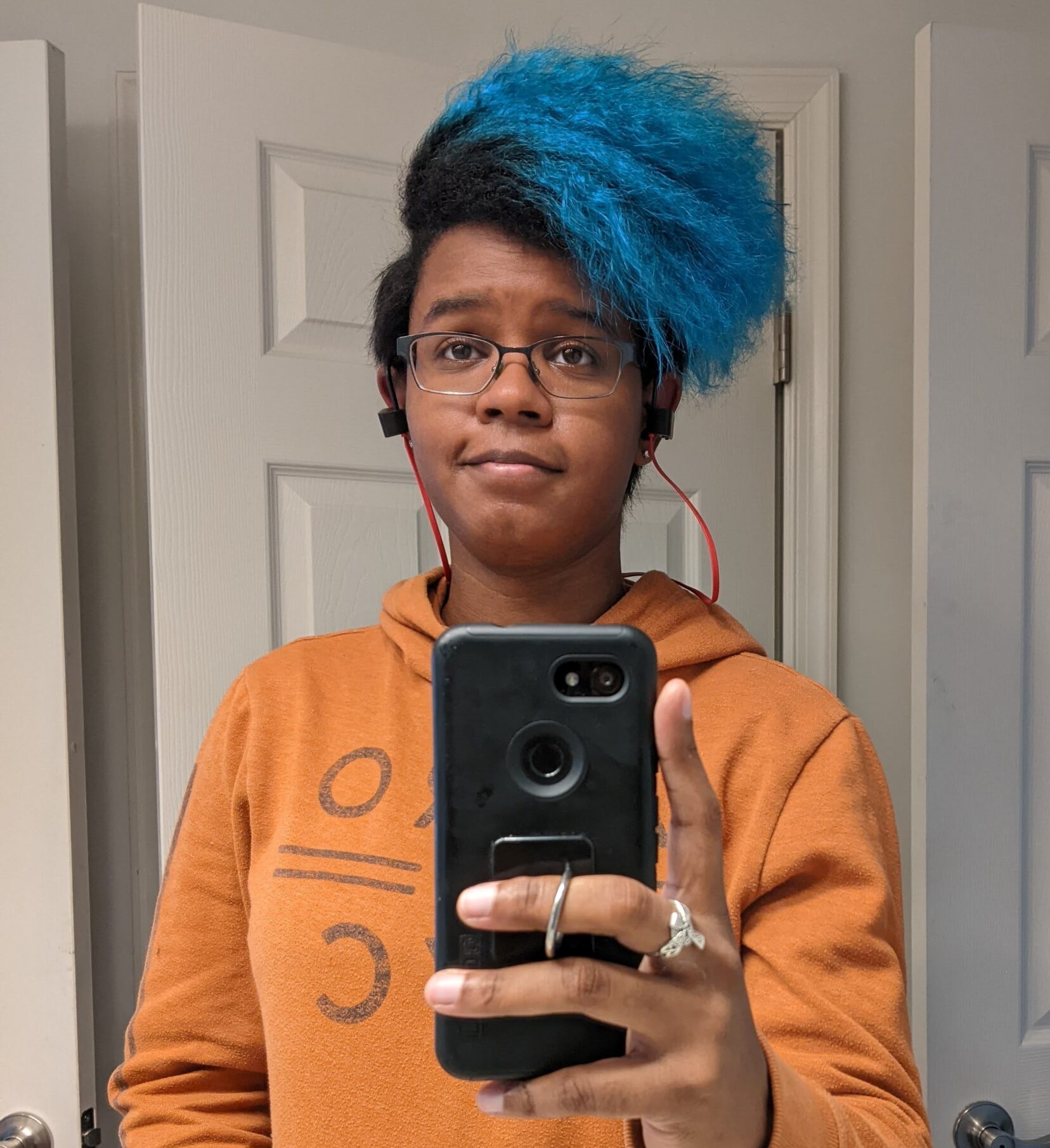Delivering truth with empathy as a Sales Engineer
When I first started in sales engineering, I thought I had to make the product fit every client need—even if it meant stretching the truth a little.
“Sure, we can do that.”
“It’s probably on the roadmap.”
“Let’s get you signed, and we’ll figure it out.”
It felt harmless in the moment. After all, isn’t that what sales is about—helping people imagine what’s possible?
But the longer I stayed in the role, the more I saw the damage that overselling causes.
Disappointed clients.
Lost credibility.
Broken trust that couldn’t be repaired with another feature update or a bigger discount.
Eventually, I realized: Being a trusted advisor means telling the truth, even when it’s uncomfortable.
Overselling Might Win the Deal, But It Loses the Relationship
When you tell a client what they want to hear—knowing full well it’s not entirely true—you’re trading short-term success for long-term failure.
It might get you through procurement faster. It might even get you a high-five in the forecast review.
But what happens after the ink dries?
- The client realizes the solution isn’t what they expected.
- You scramble to patch gaps or invent workarounds.
- Renewal becomes a battle instead of a no-brainer.
At best, you damage the relationship. At worst, you lose an advocate forever.
Trusted advisors play the long game. They understand that winning trust is more important than winning the signature.
Saying “No” Isn’t the End of the Conversation
One of the biggest mindset shifts for me was realizing that saying “No” doesn’t have to be negative.
It’s all about how you frame it.
Instead of a hard stop, “No” can sound like:
- “That’s not something we support today—but here’s how we typically address that challenge.”
- “Our product doesn’t cover that specific use case. Would you like me to walk you through a couple of alternative approaches?”
- “That’s outside our current scope. I can recommend a few other tools that complement our platform.”
It’s not just about what you can’t do. It’s about showing that you still have their success in mind.
That’s what earns respect—and keeps conversations moving forward.
Hard Truths Build Stronger Bridges
I’ve had conversations where I had to tell a client flat-out:
- Our integration wouldn’t be ready in time.
- Our platform couldn’t automate their most critical workflow.
- Another vendor might actually be a better fit for a specific initiative.
Were those easy conversations? Absolutely not.
Did they sometimes slow deals down? Sure.
But in the end, many of those clients still bought from us—and stayed loyal for years—because they trusted me to tell them the truth.
Hard truths, delivered with empathy and a solution-focused mindset, strengthen relationships instead of breaking them.
Honesty Isn’t Just Ethical. It’s a Competitive Advantage.
Most vendors sound the same.
Most pitch decks blur together.
Most sales conversations are filled with best-case scenarios and conveniently omitted details.
You stand out when you’re honest.
When you’re transparent about risks, tradeoffs, and limitations, you position yourself as a partner—not a peddler.
Clients crave candor. They’re tired of being sold to.
Be the person they know they can trust to shoot straight, guide them thoughtfully, and genuinely care about their success.
✨ Bonus Tip: Frame Honesty as a Path Forward, Not a Dead End
When you have to tell a client “No,” it’s tempting to either soften it too much—or make it sound like a deal-breaker.
Neither builds trust the way you want it to.
Instead, I’ve found it powerful to frame honesty as an invitation to collaborate.
When I have to deliver hard news, I use a pattern like this:
“Here’s what we can do really well…”
“Here’s where we might not be the perfect fit…”
“Here’s how we can still move you closer to your goal.”
You’re still being transparent about limitations, but you’re pairing it with options, insights, or strategic alternatives.
This way, the client doesn’t feel abandoned. They feel respected—and they see you as someone who’s invested in solving problems, not just making promises.
Honesty earns respect. But honesty paired with solutions? That earns loyalty.
Coming Up Next in the Series…
Next time, we’ll dig into why being useful between the milestones is key to staying top-of-mind—and how small, unexpected moments of help build long-term loyalty.


